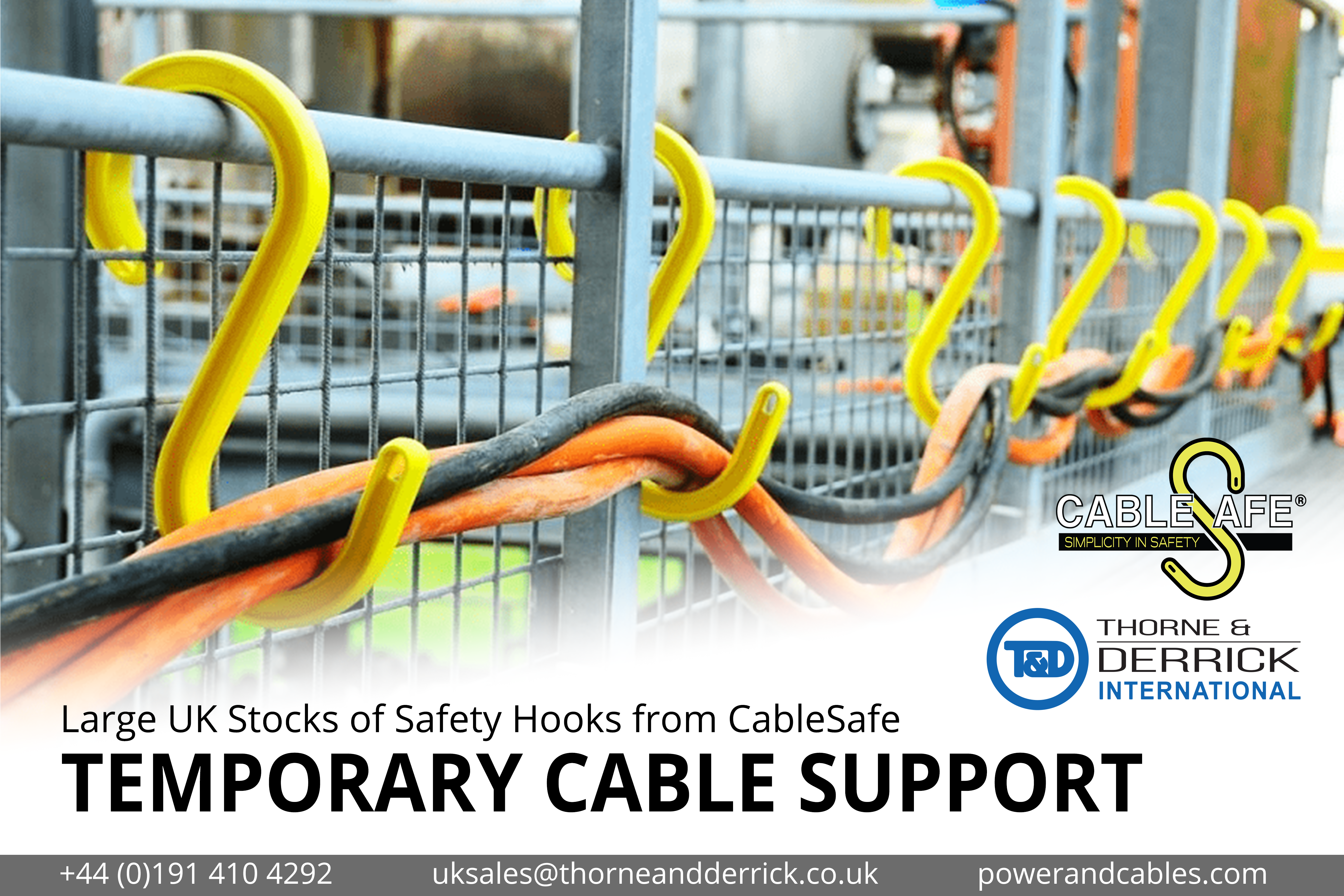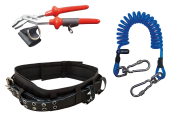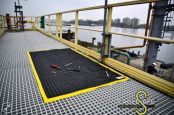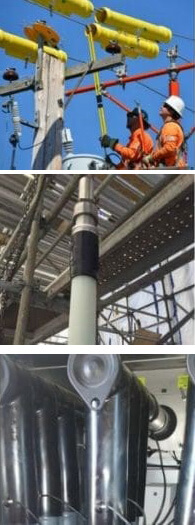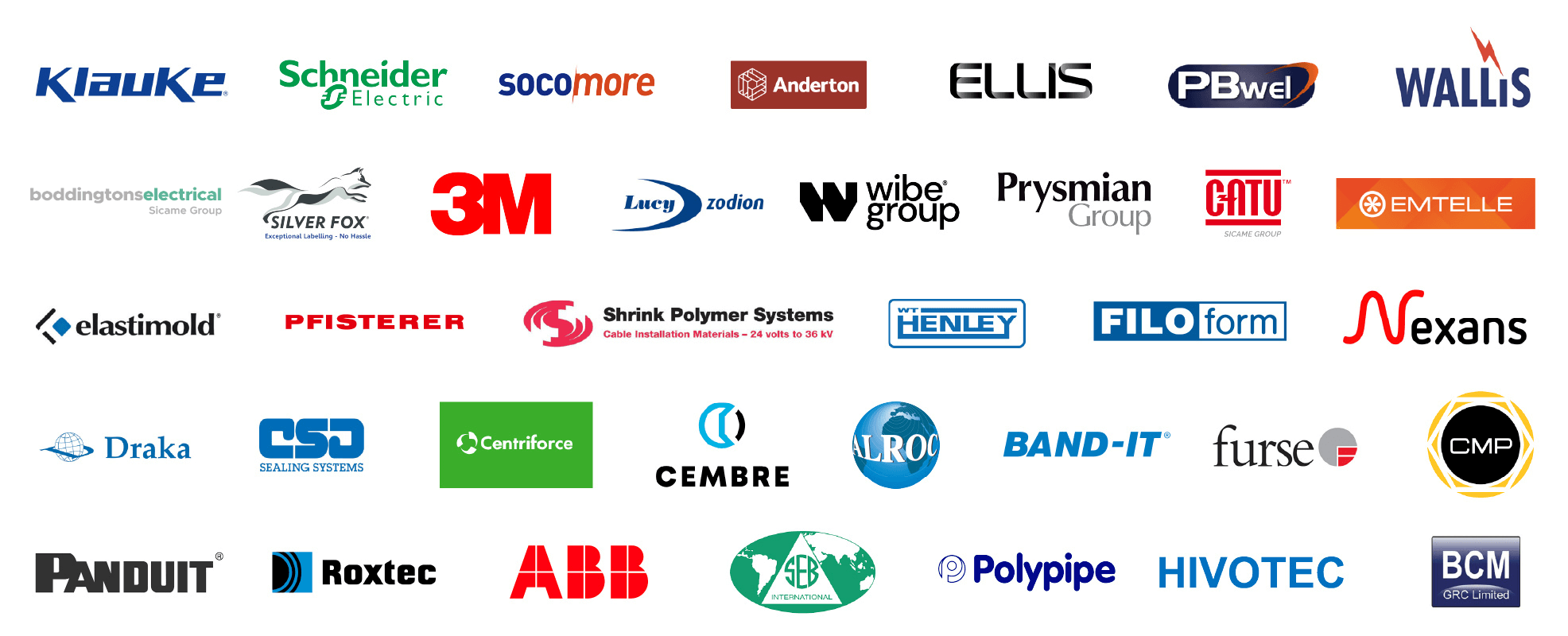Dropped Objects & How To Prevent Them
Published 10 Jun 2025
 Prevent Dropped Objects
Prevent Dropped Objects
To prevent dropped objects it is recommended to implement a multifaceted approach that includes physical barriers, tool tethering, proper storage, training and regular inspections. This strategy aims to minimize the risk of objects falling from height and causing harm or damage – we welcome your Enquiries for workplace products that prevent dropped objects and mitigate risk to plant and personnel.
-
Toeboards & Handrails
Ensure these are securely fixed on scaffolding, platforms and walkways to prevent objects from falling through gaps.
-
Netting
Utilize safety mesh or rated barrier netting in areas where objects might fall, especially around walkways, platforms, and building perimeters.
-
Catch Platforms
Consider using temporary roofing, floor fabrics, or other means to shield workers below from falling objects.
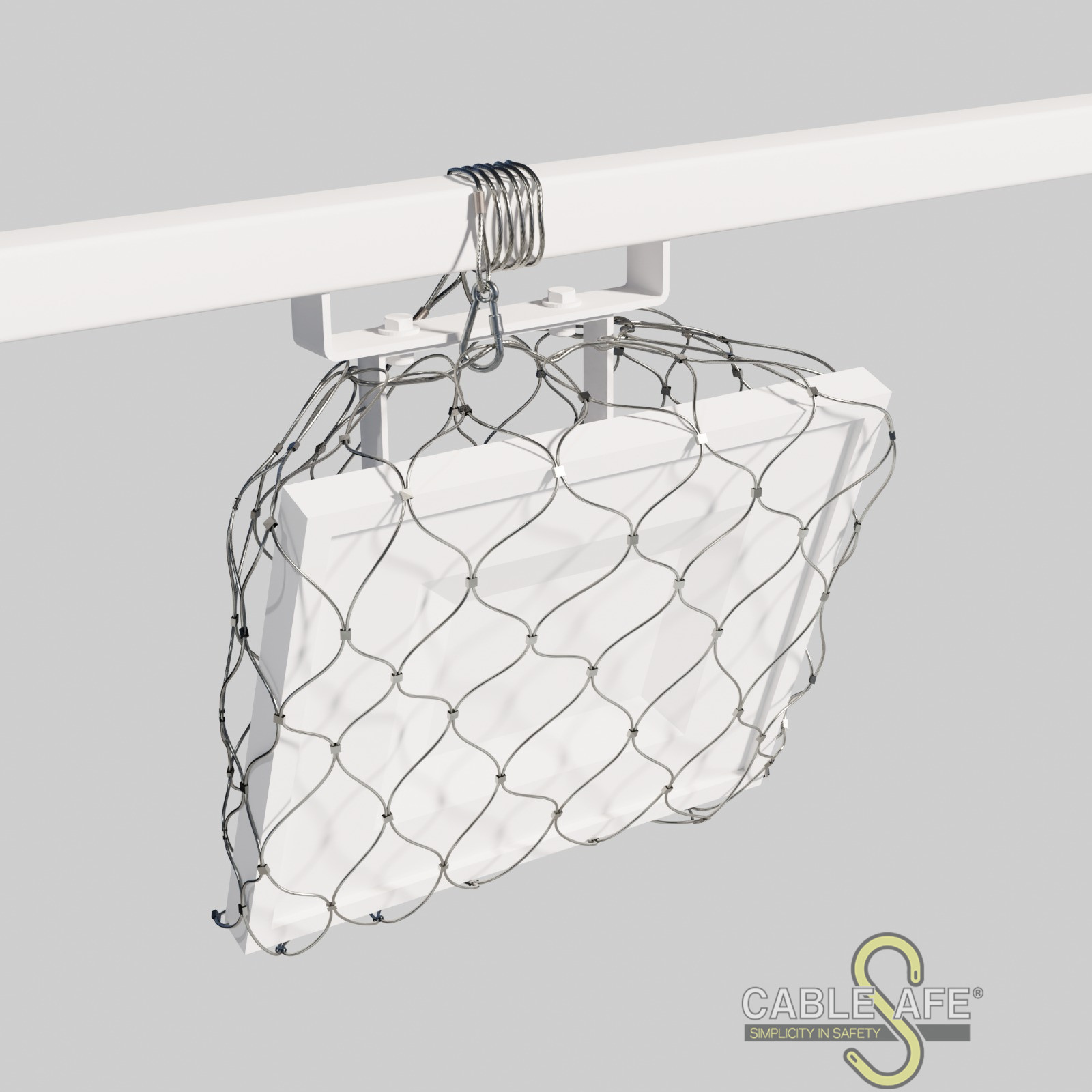
Dropped Object Prevention | Netting is used to enclose objects at height to prevent them posing a dropped object risk.
-
Tool Lanyards & Tethers
Secure tools and equipment using lanyards, tethers, pouches, holsters, and other drop containment devices.
-
Proper Storage
When not in use, tools and materials should be properly stored and secured.
-
Avoid Hanging Over Railings
Never hang or drape items over guardrails, as this can cause them to fall.
-
Keep Tools and Materials Away from Edges
Maintain a safe distance (at least 3 feet) from any leading edges when tools and materials are not in use.
-
Education on Risks
Train workers on the dangers of dropped objects and how to minimize the risk.
-
Hazard Hunts
Conduct regular inspections and periodic “hazard hunts” to identify potential hazards.
-
Housekeeping
Maintain high housekeeping standards to reduce the risk of loose objects falling.
-
Regular InspectionsImplement a risk-based inspection plan to identify and address potential dropped object hazards.
-
Inspection of EquipmentInspect equipment that is in continual use or difficult to access, especially after major stresses like adverse weather or collisions.
-
Corrective Action
Document any nonconformities, assess their criticality, and implement corrective actions.
-
Lowering Working Platforms
When possible, lower the working platform to ground level and lift the structure into position rather than taking tools and equipment to height.
-
Using Mechanized Means
Utilize pulley systems, ropes, or tool bags and belts to move tools and materials, reducing hand-carrying.
-
PPE
Ensure workers wear appropriate personal protective equipment (clothing and PPE), including hard hats and climbing helmets.



